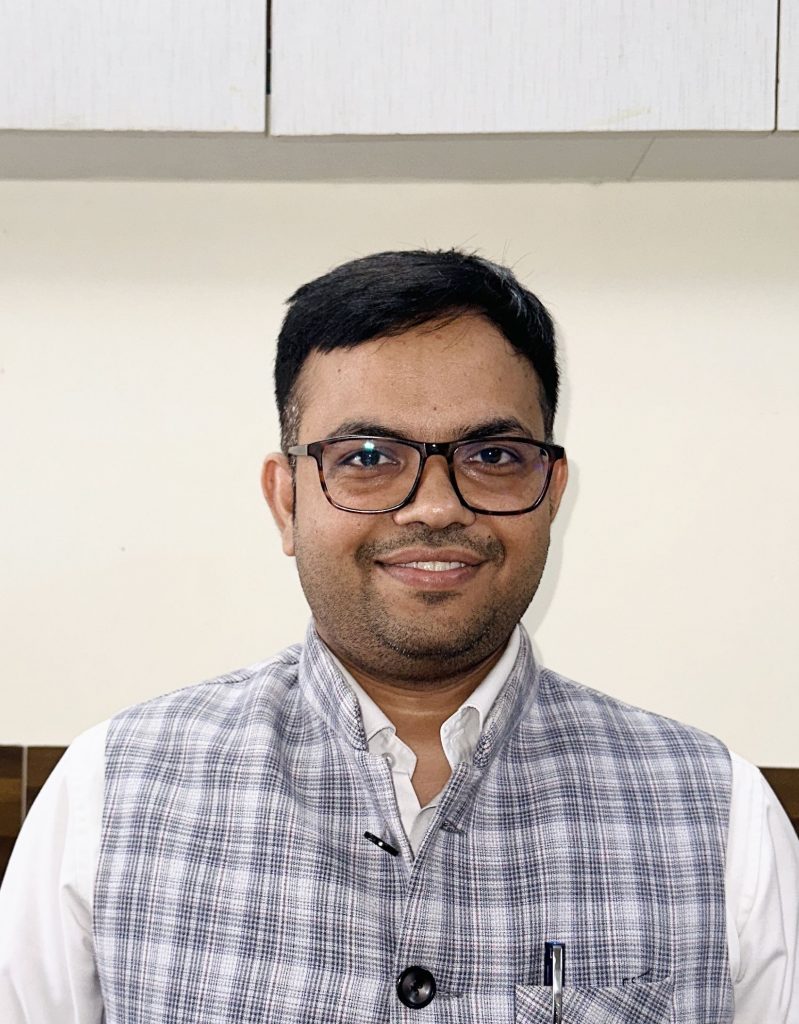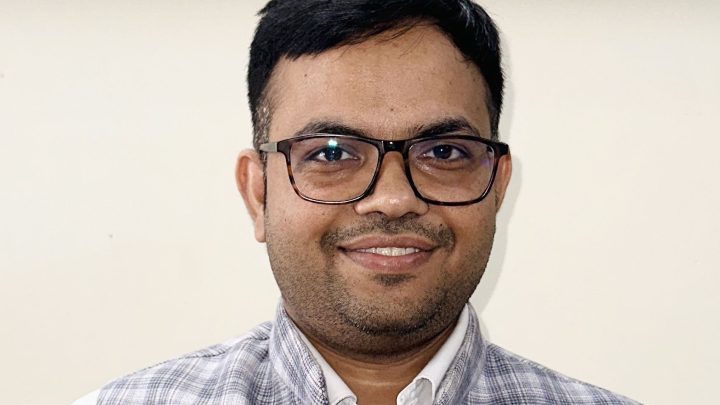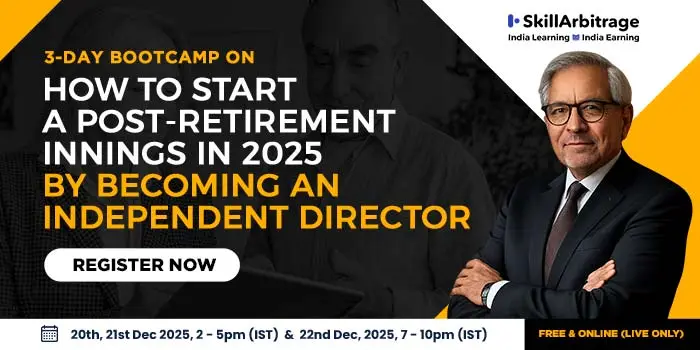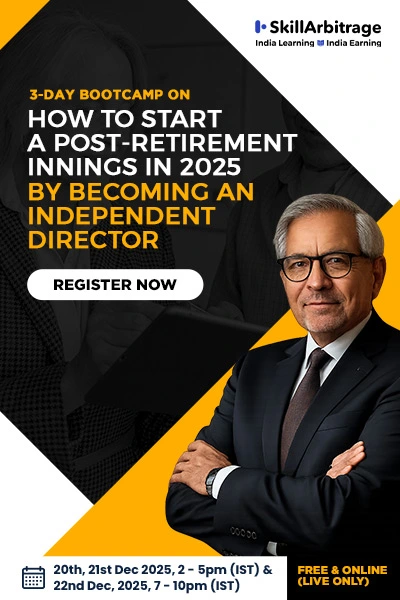AOR
3722
0
0
“Engaging in public discourse…contributes significantly to society by promoting legal literacy, influencing policy, and advocating for justice.” – Manish Kumar, Advocate On Record at the Supreme Court of India
This interview was taken by SuperLawyer Team
Posted on May 30, 2024
This interview has been published by Namrata Singh and The SuperLawyer Team

Can you please share your childhood memories, what were some key experiences or influences that led you to choose a career in law? Was there anyone who particularly inspired or motivated you to pursue this path?
I was raised in a middle-class household in Bulandshahr, Uttar Pradesh, where I was born in 1991. My family moved to Delhi in 1995, and I have lived there ever since. My education consisted of eight classes at Sant Vivekanand Public School, followed by classes nine and ten at Hindon Public School, and classes eleven and 12 at Mukherjee Memorial School. I then completed my B.Sc. (Physics) at the University of Delhi’s Ramjas College. I have no legal family background as such I had no interest in law until my first year of graduation, and I never thought to become a lawyer in the Future. However, as I started my second year of graduating, I learned about the numerous well-known characteristics of the Campus Law Center and its graduates.
Can you share some of the challenges you faced during the initial days of your legal career, and what motivated you to take the Advocate on Record (AOR) exam?
During my time in law school, I decided to pursue a career as an Advocate-on-Record (AOR) in the future. To qualify for the AOR examination, I needed four years of practice as an advocate and one year of training with an existing AOR. Therefore, I decided to start from scratch and join the chamber of Sh. Rajesh Mahindra, a well-known civil advocate at Tis Hazari Court. Under his mentorship, I learned the fundamentals of civil law, drafting, arguments, and procedural aspects.
In 2017, I took a significant step in my career by joining Intelia Law Offices as a Senior Associate, where I worked until 2018. Following this, I embarked on my independent practice at Tis Hazari Court. My dedication and hard work led to my appointment as a panel counsel for the Delhi Legal Services Authority (DLSA). Since then, I have been serving as a panel counsel on the civil panel in the North East and West districts of DLSA, continuing to hone my skills and contribute to the legal community.
How do you manage your multiple roles, including being a legal aid counsel, a media panelist, and an advocate, without compromising on any of them? How do you balance your legal practice with media engagements, and what value do you see in this role?
Balancing multiple roles is challenging but achievable with disciplined time, management, and effective delegation. Media engagements complement my legal practice by enhancing public awareness and professional visibility, ultimately contributing to my growth as an advocate and public servant.
As an Advocate on Record, what are some of the most challenging cases you’ve handled at the Supreme Court, and how did you approach them? Please share your first experience appearing in court? What were the emotions and challenges you faced, and how did that experience shape your perspective on advocacy?
I became an Advocate-On-Record last December only as such I do not have too much experience as an Advocate-On-Record but I have been practicing in the Supreme Court for four years and appeared in hundreds of matters and gained a lot of experience. You can approach the client by your hard work which must be reflected in your case.
How does your work with the Delhi State Legal Services Authority impact the community, and what motivates you to continue providing legal aid?
I have been working with the Delhi State Legal Service Authority since 2017 appeared in more than hundreds of cases and finally left after becoming Advocate-On-Record. Working with DLSA is a different type of experience where you are blessed to help needy people who do not have money to fight for their legal rights. Being a Legal Aid Counsel, you have an opportunity to meet the persons who are needy and don’t have any knowledge, source of income to get justice.
You’ve published many articles and received recognition in various media outlets. How important is it for legal professionals to engage in public discourse and share their knowledge?
Engaging in public discourse and sharing knowledge is increasingly important for legal professionals for several reasons: 1. Public Education and Awareness 2. Professional Credibility and Influence 3. Shaping Legal and Policy Debates 4. Legal professionals can use their platform to advocate for social justice and reforms. 5. Professional Development and Building Public Trust in the Legal System
Overall, legal professionals who engage in public discourse not only benefit their careers but also contribute significantly to society by promoting legal literacy, influencing policy, and advocating for justice.
You attended an advocacy workshop organized by George Washington University Law School. What insights did you gain from this experience, and do you recommend similar workshops for new entrants in the legal field?
By attending a workshop, especially new entrants in the legal field may enhance their communication skills, strategic thinking, practical experience and confidence in the legal Field. I highly recommend similar workshops for new entrants in the legal field. They offer a comprehensive introduction to the practical aspects of legal advocacy and provide foundational skills that are essential for a successful legal career.
Outside of your legal career, what are some of your personal hobbies or interests that help you maintain a work-life balance?
I like playing cricket, archery, and writing poems. It is very difficult to maintain a work-life balance along with Advocacy but when you love your profession everything is possible.
What advice would you give to young lawyers who aspire to practice at the Supreme Court or start their chambers?
I would like to advise young lawyers that they should start their practice from the trial court and read at least one judgment daily on any topic that they like. I do not suggest any young lawyer to start your practice just after passing the LLB. He should work with a senior Advocate for at least three years to explore the practical knowledge of this profession.
What prompted you to establish the Law Chamber of Manish Kumar, and what vision do you have for its future? What are your future goals in the legal profession, and what new dimensions do you hope to explore in your career?
My wife who is also an Advocate encouraged me to start my law office i.e. Law Chamber of Manish Kumar. I do not want to share my future dream but you will have come to know my future goals in future.
Get in touch with Manish Kumar-







No comments yet
Be the first to share your thoughts about this interview.